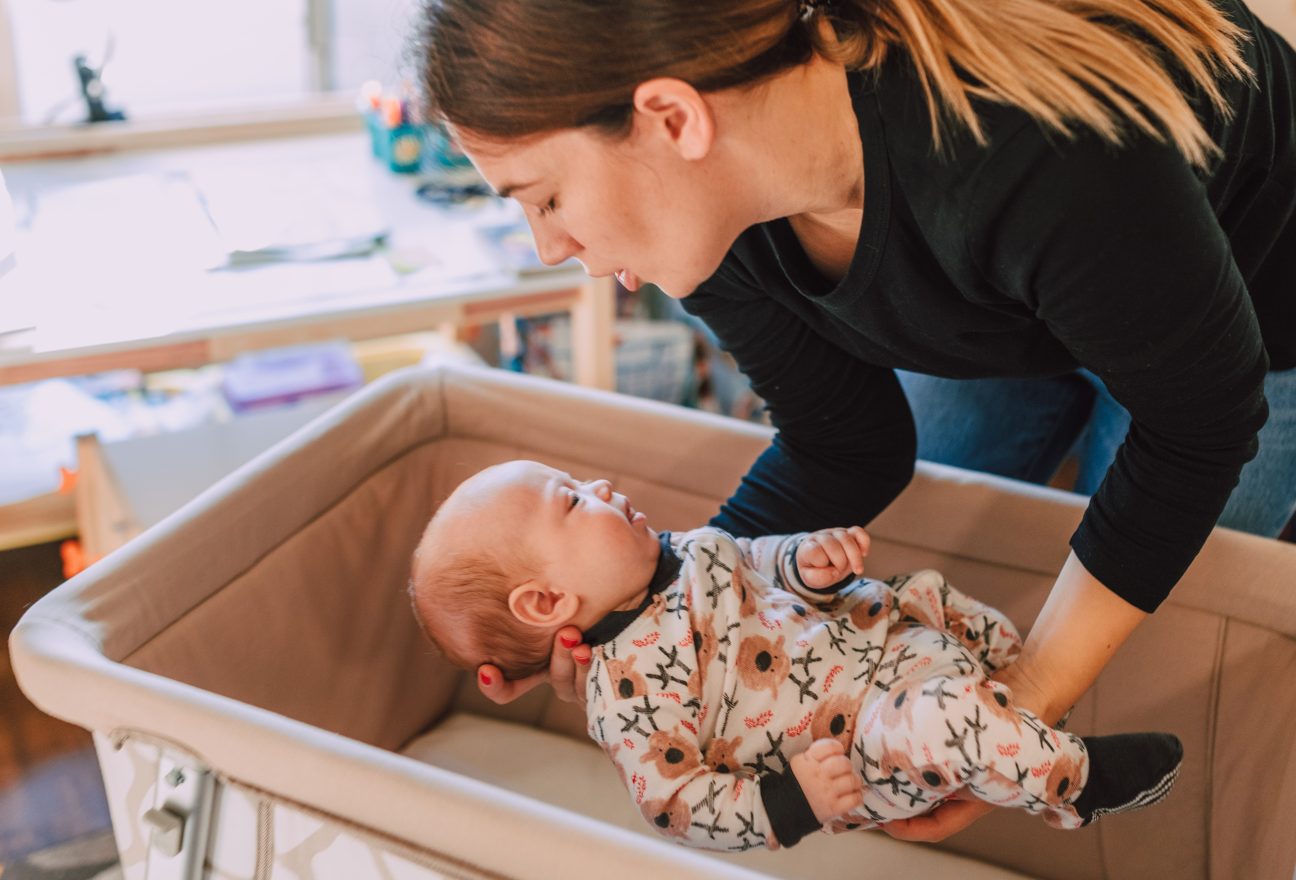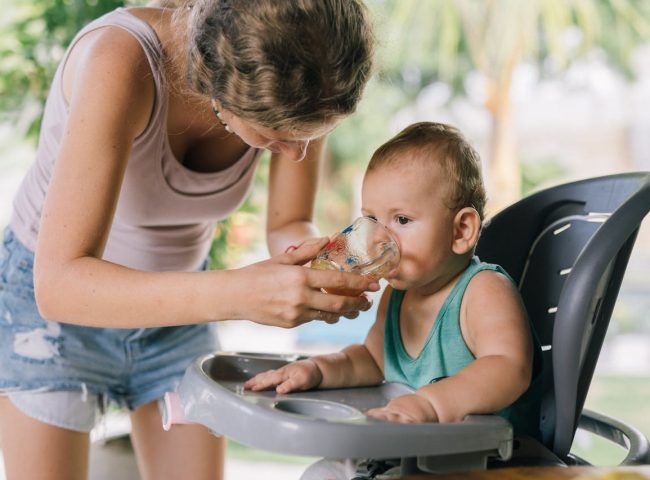One of the most serious types of psychological illnesses that new mothers may have during the postpartum period is postnatal psychosis, also known as puerperal psychosis.
It results in a substantial shift in behavior and irregular mood swings.
In Australia, postnatal depression affects 1 in 7 mothers each year, whereas postnatal psychosis is a very uncommon disease that only affects 1-2 mothers out of every 1000. Even women without a history of mental illness can experience postnatal psychosis, and the symptoms might appear shortly after giving child.
It is a potentially fatal disorder that requires quick attention and critical medical care. Throughout the course of their recovery, they will require regular evaluation and individualized mental care.
Signs and Symptoms
Typically, symptoms appear within the first two weeks following delivery. There are a number of symptoms that women with postpartum psychosis frequently exhibit; here are a few to watch out for:
Delusional thinking – includes hallucinations, paranoid beliefs, altered sense perception, and disordered thinking. For instance, the woman might try to prevent all outside interactions because she believes that everyone around her poses a constant threat to her unborn child. She might also keep the baby away from her spouse and her family.
Hysteria is characterized by excessive energy, aggressive behavior, and dramatic mood swings. possibly having trouble focusing and sleeping. Possibly begin to feel angry for no apparent reason.
Depression can be so severe that a mother may want to hurt herself or her child. Her perceptions might become less acute, and she might begin to react more slowly.
What Causes Postnatal Psychosis?
About the origins of this mental disorder, nothing is known. On the other hand, women who have a history of postpartum psychosis or bipolar disorder are more likely to develop the illness. Postnatal psychosis can sporadically develop into bipolar disorder.
After giving delivery, sleep deprivation and hormonal changes may also play a role. Additionally, there may be physical or mental strain from childbirth; for example, the guilt of having a C-section may cause a new mother to experience intense mood swings and erratic behavior.
Treatment Options
Postnatal psychosis is a treatable mental illness. Treatment for postnatal psychosis is extremely situation-specific and differs from person to person. Treatment options include everything from simple medications or therapies to hospital admission for psychiatric evaluation. The seriousness of the situation will determine this.
Family members should be aware of the woman’s mental state, nevertheless. Even the smallest symptoms should prompt emergency hospitalization or follow the doctor’s instructions.
Emergency and Hospitalization
Fortunately, the disease is typically identified while the mother is still in the hospital following delivery. A prompt diagnosis makes treatment simpler. Other times, the severity is discovered by the family much later, delaying treatment and complicating the healing process.
At such instances, the family should dial the nearest hospital’s emergency mental helpline or admit the patient. For guidance and assistance, you can also speak with your doctor or the hospital itself. Further postponement raises the likelihood of dangers for both the mother and the child.
Medication
According to your condition, your psychiatrist will recommend a combination of several treatments. Antidepressants, antipsychotics, and mood stabilizers will make up the majority of these. These mood swings and problems are caused by the pronounced hormonal changes in your body.
Pregnancy and breast-feeding are never recommended times to use medication due to the considerable risk involved. It is crucial that you ask your psychiatrist about the advantages, disadvantages, and possible hazards of the medication. Although medicine may be required in some rare, serious circumstances. The most effective treatment for postnatal psychosis is typically therapy and prompt prophylaxis.
Therapy
The best treatment for postnatal psychosis is therapy. There are many treatments available for postnatal depression. Some of them involve your kid, deepening your bond even further. However, avoid attempting self-therapy or self-medication. Trust your doctor; they will recommend the best course of action for your circumstances.
According to the intensity and course of treatment, recovery from severe postnatal psychosis symptoms often takes two to three months. A full recovery, however, can take anywhere between six and twelve months.
Self-Help Tips
You can create a personal emotional support strategy before or throughout pregnancy. Make a list of the activities you’ll do to pass the time or the people you can rely on and call in an emergency.
Take time to interact with people who make you feel at ease, read books, eat healthily, and get enough rest.
You cannot keep your heart hidden from everyone and keep everything to yourself. Talk about your feelings with those who will support and understand you.
Get outside and get some fresh air. Get lost in nature and practice quiet meditation. This pure feeling of optimism and good vibes helps with symptoms.
Keep in mind that your infant needs you. Never give up hope even though recovery takes time. Everything will once more be flawless. Have some alone time.







